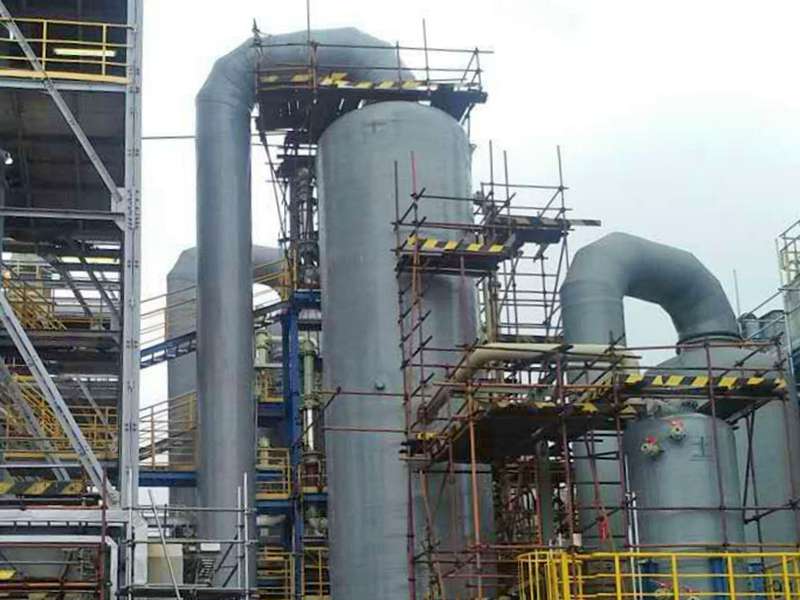
-
 Afrikaans
Afrikaans -
 Albanian
Albanian -
 Amharic
Amharic -
 Arabic
Arabic -
 Armenian
Armenian -
 Azerbaijani
Azerbaijani -
 Basque
Basque -
 Belarusian
Belarusian -
 Bengali
Bengali -
 Bosnian
Bosnian -
 Bulgarian
Bulgarian -
 Catalan
Catalan -
 Cebuano
Cebuano -
 China
China -
 China (Taiwan)
China (Taiwan) -
 Corsican
Corsican -
 Croatian
Croatian -
 Czech
Czech -
 Danish
Danish -
 Dutch
Dutch -
 English
English -
 Esperanto
Esperanto -
 Estonian
Estonian -
 Finnish
Finnish -
 French
French -
 Frisian
Frisian -
 Galician
Galician -
 Georgian
Georgian -
 German
German -
 Greek
Greek -
 Gujarati
Gujarati -
 Haitian Creole
Haitian Creole -
 hausa
hausa -
 hawaiian
hawaiian -
 Hebrew
Hebrew -
 Hindi
Hindi -
 Miao
Miao -
 Hungarian
Hungarian -
 Icelandic
Icelandic -
 igbo
igbo -
 Indonesian
Indonesian -
 irish
irish -
 Italian
Italian -
 Japanese
Japanese -
 Javanese
Javanese -
 Kannada
Kannada -
 kazakh
kazakh -
 Khmer
Khmer -
 Rwandese
Rwandese -
 Korean
Korean -
 Kurdish
Kurdish -
 Kyrgyz
Kyrgyz -
 Lao
Lao -
 Latin
Latin -
 Latvian
Latvian -
 Lithuanian
Lithuanian -
 Luxembourgish
Luxembourgish -
 Macedonian
Macedonian -
 Malgashi
Malgashi -
 Malay
Malay -
 Malayalam
Malayalam -
 Maltese
Maltese -
 Maori
Maori -
 Marathi
Marathi -
 Mongolian
Mongolian -
 Myanmar
Myanmar -
 Nepali
Nepali -
 Norwegian
Norwegian -
 Norwegian
Norwegian -
 Occitan
Occitan -
 Pashto
Pashto -
 Persian
Persian -
 Polish
Polish -
 Portuguese
Portuguese -
 Punjabi
Punjabi -
 Romanian
Romanian -
 Russian
Russian -
 Samoan
Samoan -
 Scottish Gaelic
Scottish Gaelic -
 Serbian
Serbian -
 Sesotho
Sesotho -
 Shona
Shona -
 Sindhi
Sindhi -
 Sinhala
Sinhala -
 Slovak
Slovak -
 Slovenian
Slovenian -
 Somali
Somali -
 Spanish
Spanish -
 Sundanese
Sundanese -
 Swahili
Swahili -
 Swedish
Swedish -
 Tagalog
Tagalog -
 Tajik
Tajik -
 Tamil
Tamil -
 Tatar
Tatar -
 Telugu
Telugu -
 Thai
Thai -
 Turkish
Turkish -
 Turkmen
Turkmen -
 Ukrainian
Ukrainian -
 Urdu
Urdu -
 Uighur
Uighur -
 Uzbek
Uzbek -
 Vietnamese
Vietnamese -
 Welsh
Welsh -
 Bantu
Bantu -
 Yiddish
Yiddish -
 Yoruba
Yoruba -
 Zulu
Zulu
Exploring the Benefits and Applications of Fiberglass Pipes in Modern Engineering Solutions
Understanding Fiberglass Pipes A Comprehensive Overview
Fiberglass pipes, known for their exceptional properties, have gained significant traction in various industries, including construction, oil and gas, water treatment, and chemical processing. These advanced composite materials are composed of glass fibers bound together by a resin, resulting in a lightweight yet robust solution for many piping applications.
Advantages of Fiberglass Pipes
One of the most notable advantages of fiberglass pipes is their corrosion resistance. Unlike traditional materials such as steel or iron, fiberglass does not corrode when exposed to chemicals or moisture, making it an ideal choice for environments that present harsh conditions. This feature significantly reduces maintenance costs and enhances the longevity of the piping system, ultimately providing a cost-effective solution over time.
In addition to their corrosion resistance, fiberglass pipes exhibit remarkable strength-to-weight ratios. This means they can withstand substantial pressure while remaining much lighter than their metal counterparts. The reduced weight simplifies installation and transportation, making fiberglass pipes a go-to option for applications requiring efficient handling.
Another crucial benefit is their thermal insulation properties. Fiberglass pipes do not conduct heat, which helps maintain the temperature of the fluids transported within them, reducing energy costs in heating and cooling applications. This characteristic is particularly beneficial in industries where temperature control is essential, such as in the oil and gas sector.
Applications of Fiberglass Pipes
Fiberglass pipes are utilized in a wide range of applications due to their versatile properties. In the oil and gas industry, they are used for extracting and transporting hydrocarbons, particularly in offshore facilities, where resistance to corrosion from saltwater is paramount. Additionally, their lightweight nature facilitates easier transportation and installation, which is crucial in remote locations.
In water treatment facilities, fiberglass pipes provide an efficient solution for transporting potable water and various wastewater treatments. Their inability to corrode and accumulate bacteria makes them a sanitary option for clean water systems, ensuring the safety and quality of the water supply.
fiberglass pipe

Furthermore, fiberglass pipes are commonly employed in chemical processing industries where highly corrosive liquids are prevalent
. The ability to withstand a wide range of chemicals without degrading ensures that these pipes maintain integrity, safety, and efficiency throughout their service life.Environmental Impact
As industries lean towards more sustainable practices, fiberglass pipes are becoming increasingly appealing due to their reduced environmental footprint. Their durability leads to less frequent replacements, and their lightweight nature means lower energy consumption during transportation. Moreover, the production process of fiberglass pipes often includes recyclable materials, aligning with global sustainability goals.
Challenges and Considerations
Despite their numerous advantages, there are challenges associated with fiberglass pipes. The initial cost is generally higher than traditional materials, which can be a deterrent for some projects. Additionally, specialized expertise is needed for installation, maintenance, and repair, requiring trained personnel to handle these materials correctly.
Another consideration is the potential for brittleness in extreme temperatures, which can lead to failure if not accounted for in the design and application process. Therefore, it's imperative for engineers and decision-makers to conduct thorough assessments to determine the suitability of fiberglass pipes for specific applications.
Conclusion
Fiberglass pipes represent a modern solution for various industries facing the challenges of corrosion, weight, and thermal insulation. While there are factors to consider, the benefits, including durability and cost-effectiveness, make fiberglass pipes an increasingly popular choice in piping systems. As infrastructure continues to evolve and prioritize sustainability, it is likely that the demand for fiberglass pipes will only increase, solidifying their place in the future of industrial applications.
Latest news
-
Oblate Tanks: Space-Saving, Durable Liquid Storage SolutionsNewsAug.27,2025
-
High-Performance Piping System Solutions for Industry & Commercial UseNewsAug.26,2025
-
Precision Fittings: Durable & Reliable Industrial & Plumbing SolutionsNewsAug.25,2025
-
Practical Steps: Unlock Success with Our Proven GuidesNewsAug.24,2025
-
Transport Tanks: Safe, Durable & Efficient Liquid HaulingNewsAug.23,2025
-
High-Quality Piping Systems for Efficient Flow & DurabilityNewsAug.22,2025









